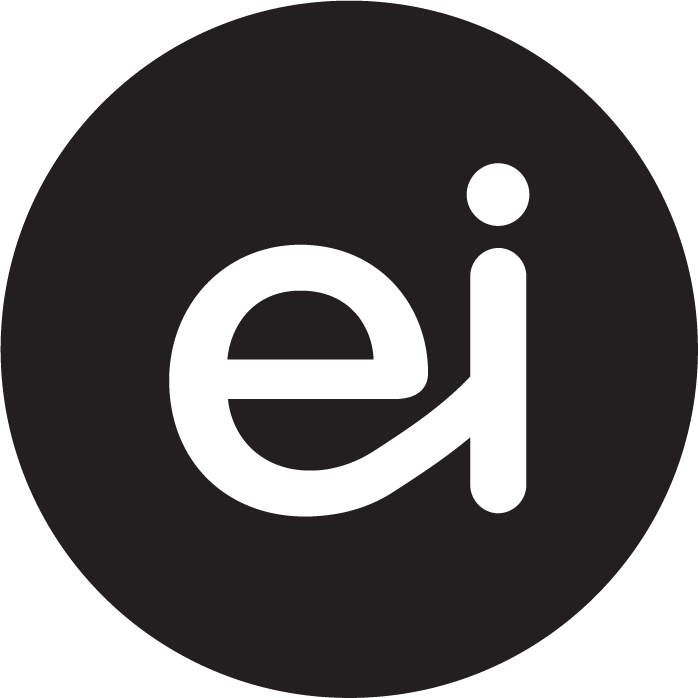EQUITY INSTITUTE AIMS TO TRANSFORM OUR EDUCATION SYSTEM BY CREATING A DIVERSE COMMUNITY OF EDUCATORS COMMITTED TO PROMOTING RACIAL EQUITY AND DIVERSITY IN THEIR SCHOOLS AND COMMUNITIES BY ACQUIRING SKILLS AND KNOWLEDGE FOR ADVOCACY AND TRANSFORMATION.
-
Equity Institute partners with schools and communities to develop equitable and sustainable learning environments.
-
We envision a world that recognizes belonging and human connection as central to the process of learning, a world where all people build the knowledge and skills they need to thrive.
-
Trainings and Workshops: We work directly with schools, organizations, and communities to develop and implement antiracist strategies to advance equitable learning outcomes for all students.
Research: We engage in research, analysis, consultation, and synthesis of information to produce thoughts, ideas, and practical approaches that advocate for and promote antiracist policies and practices in the education system.
Community Building: We convene BIPOC teachers, administrators, professionals, and community members to support and cultivate meaningful, cross-sectoral interactions that promote and support the development of antiracist educators, schools and educational communities.
-
In 2014, a majority of students entering U.S. public schools came from minority groups – a monumental first in U.S. history. Unfortunately, students from historically marginalized racial backgrounds often experience little academic success as compared to their white peers.
As our student population grows more diverse, teachers must be prepared to work with students from a wide variety of backgrounds. Failing to adequately prepare educators to teach a racially, ethnically, and linguistically diverse student body may lead to serious social and economic ramifications.
For many years, significant gaps in academic achievement have existed between white students and students of color. In the 2019 National Assessment of Educational Progress 4th Grade Reading Level Assessment, nearly half of all white students scored at or above grade level in literacy while less than a quarter of black and Latino students tested proficient. In addition to this, according to the United States Department of Education, students of color typically experience chronic absenteeism at higher rates than white students.
We exist to help schools, organizations, and communities improve the educational outcomes of students, eliminate racial gaps in academic achievement, and foster a positive self-image for students from historically marginalized communities.
-
In spring 2016, Karla and Carlon met to discuss common challenges they were experiencing as classroom-based educators within their school district. They both found they had challenges with advocating for culturally responsive pedagogy that transcended rote memorization.
Given their identities from historically underrepresented communities and experiences with traditional schooling, they deeply believed education needed to be more than test results, especially considering the underachievement of students of color and the immense opportunity gaps present in school communities composed mostly of students of color. In addition to this, they noticed they made up a very small minority of the educator population in their schools despite sharing a large portion of their students’ backgrounds and identities.
Karla and Carlon ultimately left the classroom to explore innovative ways to both improve the pedagogical approach of educators and to support efforts to diversify the teacher workforce.
Equity Institute was founded in 2019 and builds on the success of their re*generation (formerly EduLeaders of Color) meetups and advocacy, which they began hosting in 2016. As the re*generation network grew, schools and organizations started reaching out to Karla and Carlon for thoughts, ideas, and practical approaches to building more equitable and inclusive school and community environments.
Karla started leading small workshops with a close colleague while Carlon focused on policy research. Their work was well-received across a variety of organizations and within local and state governments.
Eventually, Karla was invited to present their work at a meeting of Rhode Island school superintendents. After the presentation, several superintendents expressed appreciation for the information and a strong interest in having us develop learning experiences for their teachers.
Inspired by the reception, Equity Institute was launched to help schools and organizations become more culturally responsive and inclusive while addressing the question of how to build equity in schools and communities.
-
Educational Equity is the intentional development and alignment of policies and practices to promote psychological safety and physical, intellectual, and emotional well-being. Advancing Educational Equity ensures every learner has access to resources and opportunities that are both aligned with their needs and support their academic and social-emotional success.
Efforts to pursue educational equity may include strategies such as developing fair funding policies, modifying or eliminating biased academic standards, or providing additional academic and social-emotional supports. Interventions may even fall outside of the traditional boundaries of our education systems, such as promoting housing security, improving food access, and addressing poverty through economic policy. Educational Equity requires solutions that are designed specifically to reflect individual and community needs, and therefore, no singular strategy or approach exists. We believe, however, the following are key for promoting Educational Equity:
Cultural diversity is a major component of our society and should be viewed as a critical asset in our way of being rather than as an afterthought.
Complex systems, such as education systems, are made up of relatively simple interactions. Relatedly, our dominating mindsets and beliefs, whether conscious or subconscious, drive how we operate in them.
Criteria for success when advancing Educational Equity must be based on the quality of individual and community life as opposed to standardized test scores.
Decision-making processes ensure students maintain a voice in the creation of policies and programs intended to serve them. Additionally, students and their parents and families possess appropriate mechanisms to hold education agencies accountable.
Systemic oppression and marginalization, such as structural and institutional racism, have a real, material impact on individuals and communities. Effective interventions designed to promote Educational Equity recognize how these forces affect people’s lived experiences and their engagement with the education system.
PARTNER WITH US
Do you have what it takes to make a change in the world? Are you an educator, leader, or community member with a vision? Let us help you design your impact.


